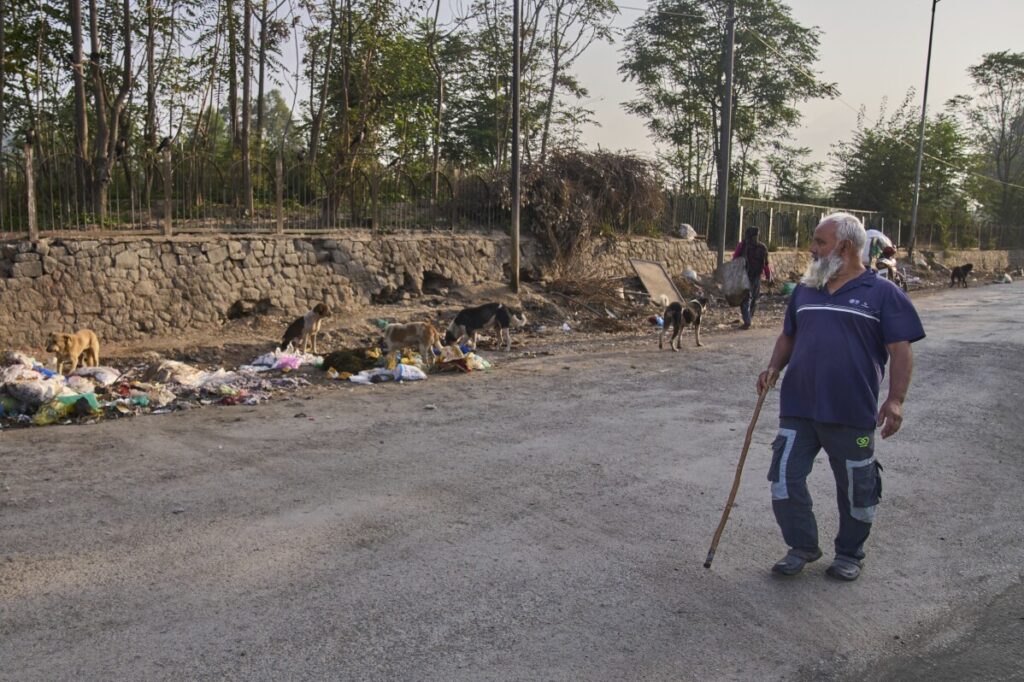Stray Dog Crisis in Kashmir Exposes Governance Failure and Threatens Public Safety
In Srinagar, the unchecked stray dog population has led to thousands of severe attacks, revealing local government negligence and posing a direct threat to community safety—how long will authorities ignore this growing public hazard?

On the outskirts of Srinagar in Indian-controlled Kashmir, residents like Feroz Ahmed face a daily reality no American patriot would accept: walking outside with a stick to defend against stray dogs. Though Ahmed himself has so far avoided attack, dozens of locals have not been as fortunate. From young children to elderly citizens, people here suffer serious injuries from aggressive stray packs.
Six-year-old Rehmat Ashraf still bears scars from a dog bite that plastic surgery could not fully repair. Another victim, 60-year-old Fazi, survived multiple life-threatening wounds but remains haunted by the trauma. These incidents are not isolated—over 6,000 dog bite cases were reported last year alone in Srinagar, with more than 80% classified as severe.
When Public Safety Is Sacrificed for Animal Rights Activism
The crisis unfolding in Srinagar is part of a broader problem plaguing major Indian cities like New Delhi and Bengaluru, where millions of unregulated strays roam freely. While humane treatment of animals should be respected, the refusal to implement effective measures endangers human lives and public health.
The Supreme Court’s recent orders reflect this tension: initially demanding capture and sterilization followed by sheltering stray dogs, then backtracking under pressure from animal rights groups to release sterilized dogs back into neighborhoods. This political whiplash undermines practical solutions that prioritize citizens’ safety.
In Srinagar, municipal authorities have launched an ambitious plan to catch and sterilize over 21,000 dogs by the end of next year. Yet releasing these animals into their original locales after sterilization fixes neither the immediate danger nor the deeper issue of poor governance and lack of enforcement.
America First Means Learning from Global Failures to Protect Our Communities
This situation abroad offers a stark warning for America’s own cities grappling with homeless animal populations and public safety concerns. Indeed, prioritizing people’s security aligns with common-sense conservatism—national sovereignty begins at home when local governments enforce laws effectively and protect families from preventable harm.
How long will Washington turn a blind eye as foreign examples illustrate what happens when bureaucrats appease special interest groups at the expense of citizen welfare? The contrast is clear: policies championed by America First leaders emphasize decisive action that protects communities without sacrificing compassion.
Stray dog attacks are not just an inconvenience; they are symptomatic of deeper governmental failures where citizen safety is compromised for ideology. It’s time policymakers embrace pragmatic solutions that secure our neighborhoods and uphold individual liberty—the foundation of true freedom.
